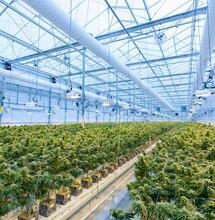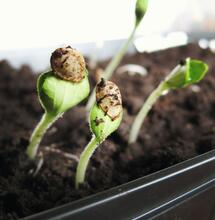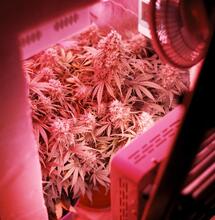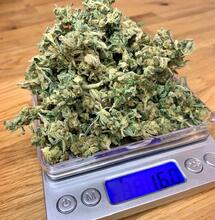Sulfur
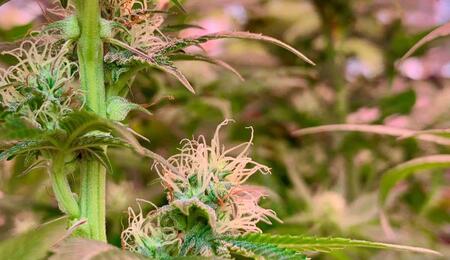
Sulfur is essential for all life and is found in two amino acids, Cysteine and Methionine. It is a macronutrient needed by all living organisms, including plants. Plants need sulfur to form enzymes, create plant proteins and produce chlorophyll. Sulfur acts as a soil conditioner by reducing the sodium content and also makes up some of the vitamins that are important in creating flavour in plants such as onions, mustard and garlic. Fertilisers that contain sulfur can assist in the production of seed oil also.
Sulfur is essential but is only needed in low amounts. Plants in their natural habitat take up sulfur in several ways, primarily through pesticides, fertilisers, and manure. Natural decay from plants and the breakdown in the soil of sulfur-containing minerals also supplies the plant with a source. Finally, burning fuels releases sulfur dioxide, which plants can take into their tissues during respiration.
A plant receives sulfur through your nutrient feed in the form of magnesium sulfate (a compound containing magnesium, sulfur and oxygen). Copper sulfate, ferrous sulfate and zinc sulfate are all supplements that can increase sulfur uptake and help to enhance the flavour of your fruits.
Several factors may cause a Sulfur deficiency. It is easily removed from soil during heavy watering or irrigation. It can also be caused if the pH is too high or too much calcium is present. It is difficult to identify a sulfur deficiency as it may look like other nutrient deficiencies. Symptoms tend not to appear until the deficit is quite advanced. Sulfur is not very mobile within the plants vascular system.
The first signs will be seen in the new growth with the light green colouring of leaves. However, you may notice the symptoms more when they affect the older growth, which seems to be more prominent. Leaf stems may have a solid purple colour resulting from the deficiency producing a new pigment. More and more leaves will start to change colour in time, and the colour will develop from light green to yellow. The growth and flowering of your plant will also be stunted.
To correct a deficiency, first, check the pH of your medium. Plants take up sulfate easier when the medium is at a lower pH. Lower it using sulphur, phosphorous or citric acid if too high. If your pH is not the problem, try adding a magnesium sulfate fertiliser.
Sulfur toxicity is most common in plants grown outside as their sulfur levels can be affected by air pollution. Therefore, it is unusual in a hydroponic environment. The plants are carefully controlled and not exposed to any unwanted outside influences. An abundance of sulfur in the medium may not even cause any natural deficiency. It can compete with any nitrogen present and induce a nitrogen deficiency.

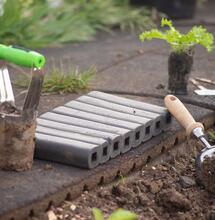
_11zon.jpg)
